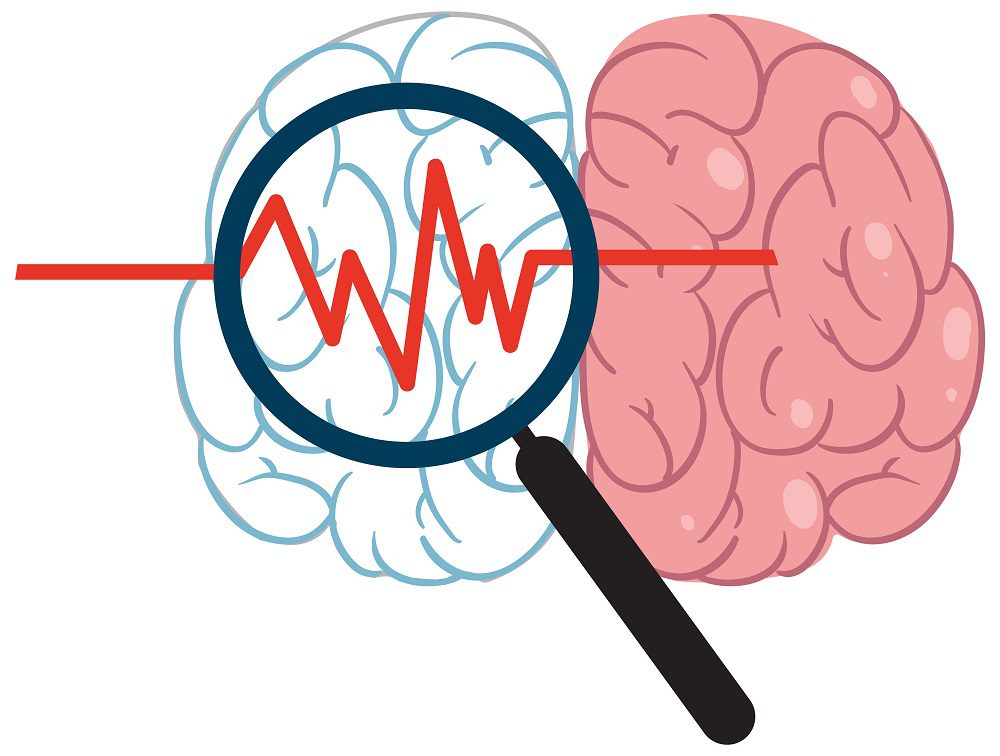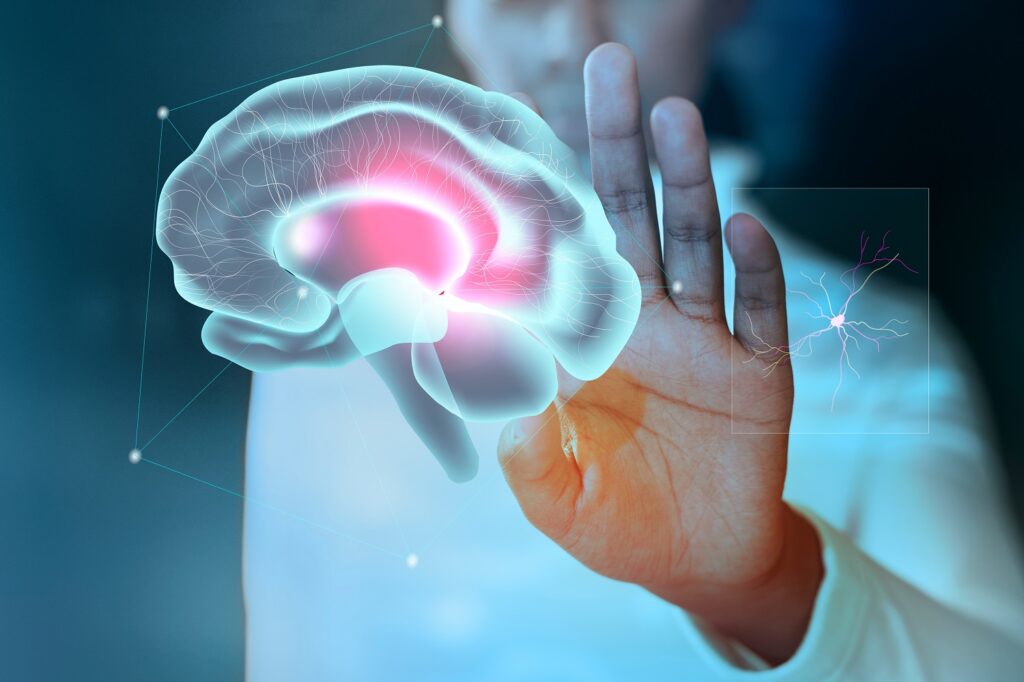There has been an increasing awareness that traumatic brain injury and concussions substantially increase the risk of developing psychiatric diseases. Even mild traumatic brain injury increases the risk of depression and anxiety diseases like posttraumatic stress disease by two to threefold, predisposing patients to additional functional impairment. This substantial epidemiological link supports the assessment of potential mechanisms driving neuropsychiatric symptom development after traumatic brain injury.
One potential mechanism for increased neuropsychiatric symptoms after traumatic brain injury is via inflammatory processes, as the central nervous system inflammation can last years after the initial injury. There is preliminary evidence that traumatic brain injury patients with posttraumatic brain disease display increased central and peripheral inflammatory markers compared with traumatic brain injury patients without these co-morbidities.















